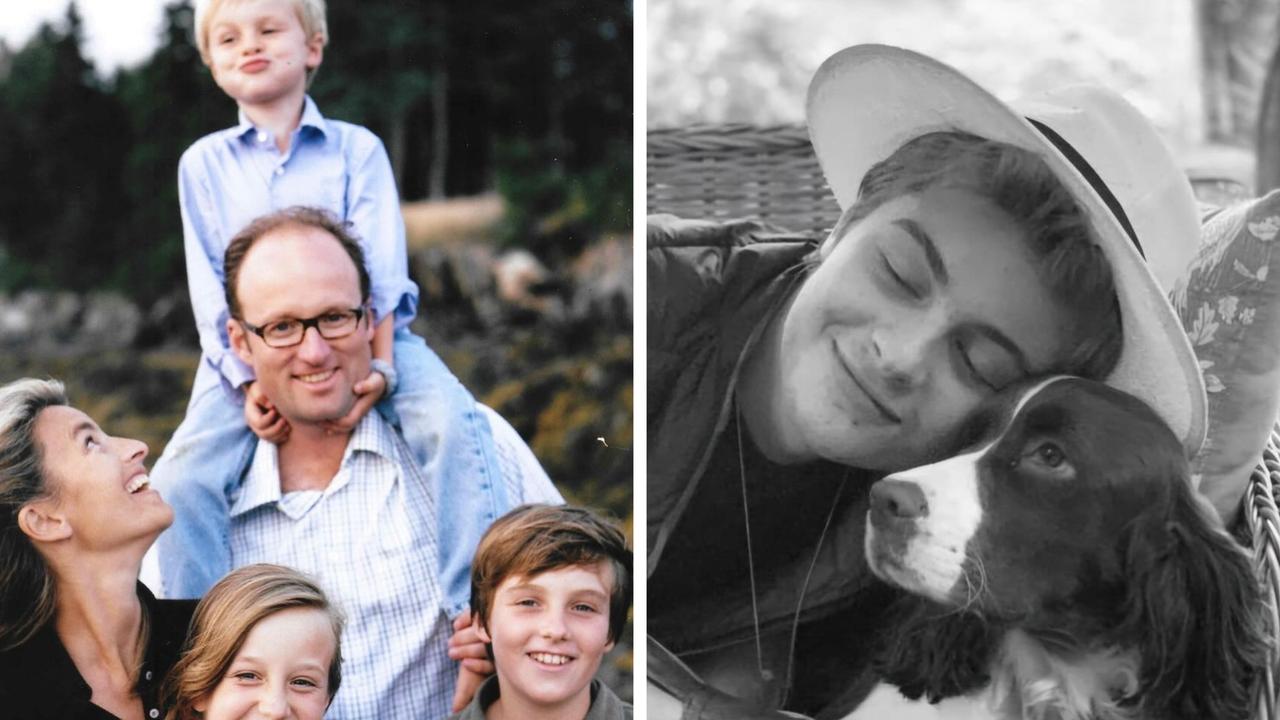Australia could vote to become a republic as soon as 2026, Malcolm Turnbull predicts
Opponents of the monarchy long believed the death of Queen Elizabeth would give them an opening. A former PM thinks they were right.
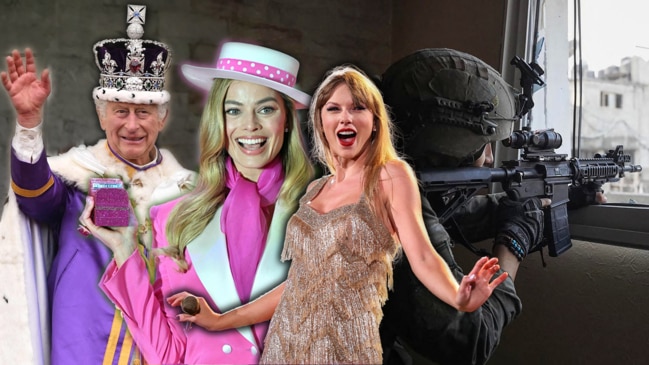
Former prime minister Malcolm Turnbull has predicted Australia could become a republic as early as 2026, while downplaying the possibility that next year’s visit by King Charles and Queen Camilla could bolster support for the monarchy.
A YouGov poll in September found 32 per cent of Australians wanted the country to transition to a republic as soon as possible, up 12 percentage points since a similar poll last year. Thirty-five per cent said they wanted Australia to remain a monarchy.
The same poll found 54 per cent of people had a generally positive view of the royals, with Prince William, next in line to the throne, substantially more popular than his father. William had an approval rating of 69 per cent.
Mr Turnbull, who served as chairman of the Australian Republican Movement from 1993 to 2000 - the period that culminated in a referendum on the issue - has told The Briefing podcast that while Charles and Camilla are “very well regarded”, it won’t factor in Australians’ minds, should there be another vote.
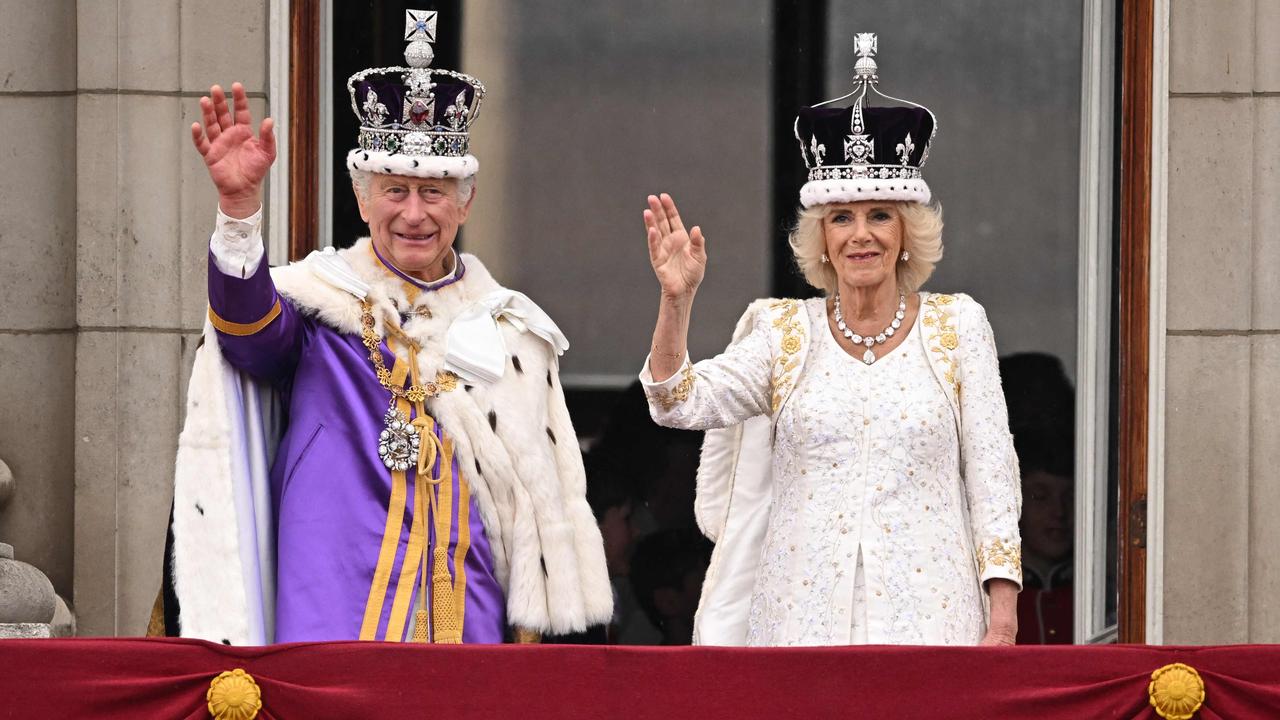
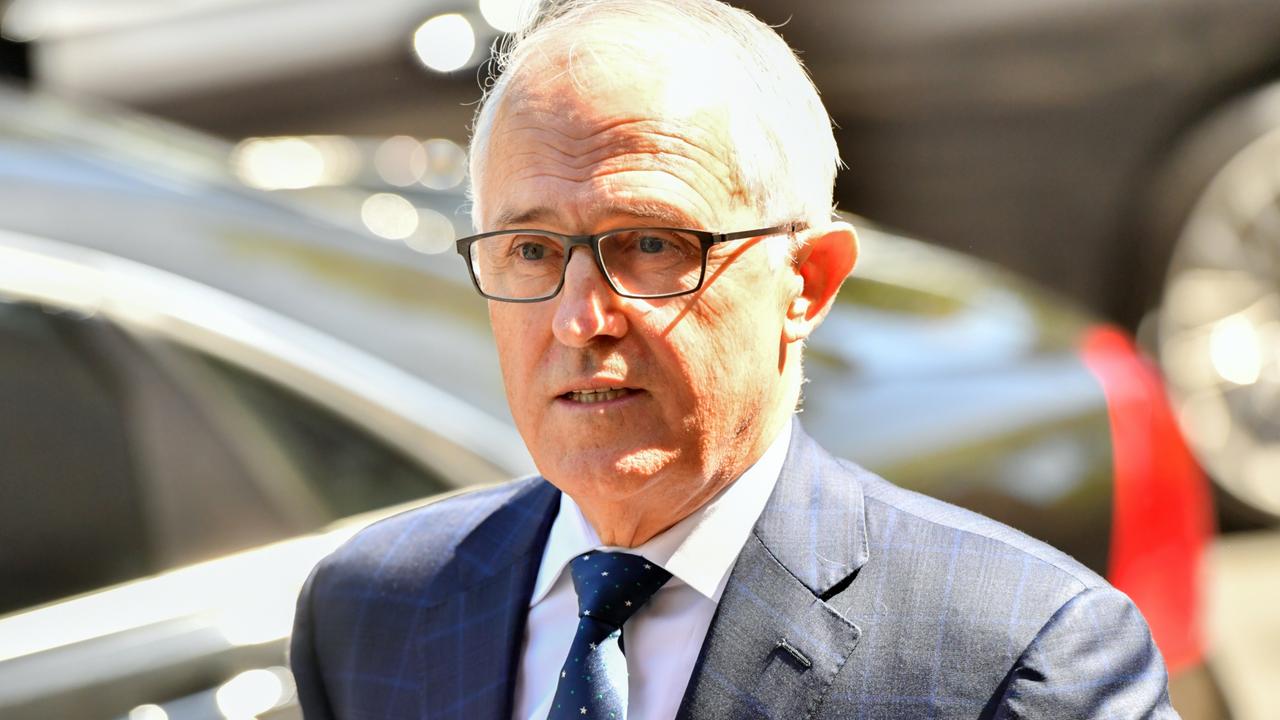
“Look, I think they’re very well regarded. I don’t think there’s any great antagonism or antipathy to Charles and Camilla as individuals, as people,” Mr Turnbull said.
“The issue of the republic in Australia is not really whether you like or dislike a particular member of the royal family. It’s whether it makes sense for them to be the head of state of Australia. And one thing you can say is Charles and Camilla, charming people though they are, is that they’re both very English, and they’re not Australian.”
The podcast’s host, journalist Sacha Barbour Gatt, asked whether the King and Queen’s visit to the country would affect people’s support for a republic.
“I don’t think it will have a big impact, to be quite honest,” Mr Turnbull said.
“The real question, as I say, is not whether Charles and Camilla are charming people. It’s got nothing to do with them personally. The issue is our head of state should be an Australian.
“When Charles and Camilla come and visit us, or their successors, they should do so in their capacity as head of state of the United Kingdom.
“I mean, who do you think Charles barracks for a in a Test match? For heaven’s sake. His day job, his real job, is head of state of the United Kingdom. The role he has in our constitution is a historical anachronism; it’s left over from a time well over a hundred years ago, when Australia was not an independent country.
“The fact that the British monarch was our head of state represented not some sort of symbolic connection, but the real, actual superior power of London over this subordinate, albeit self-governing dominion.”
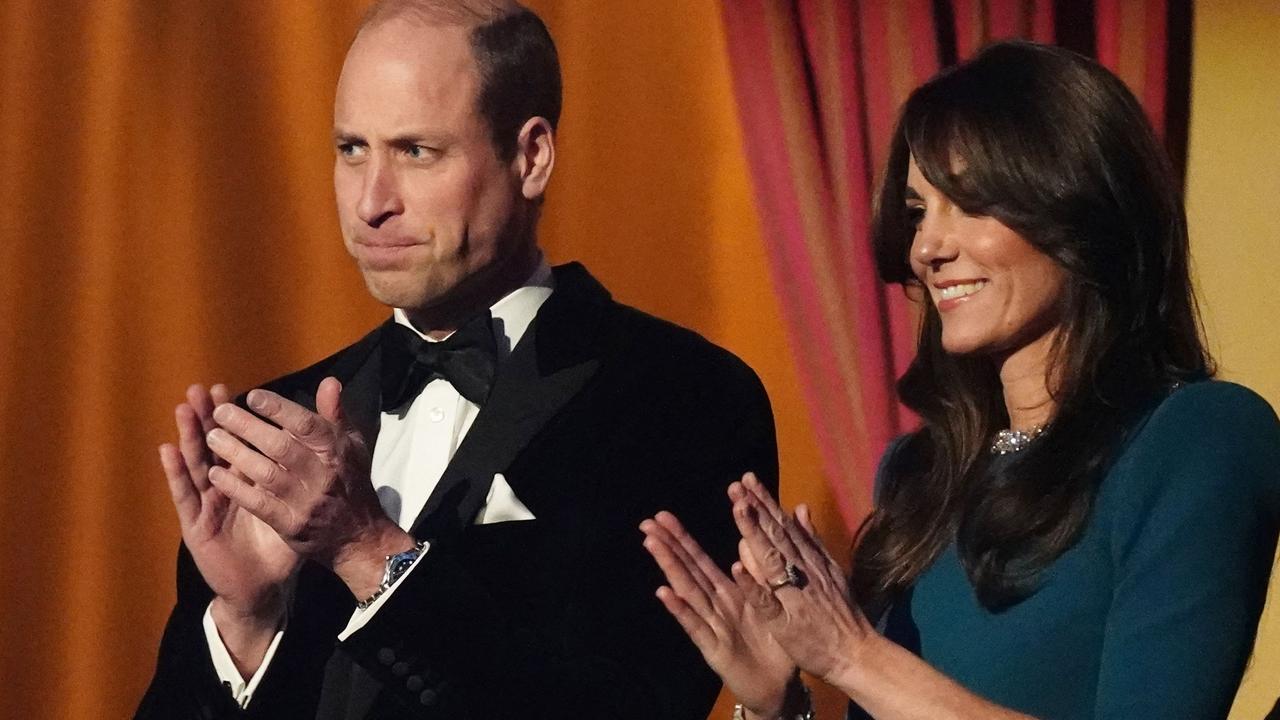
Mr Turnbull acknowledged the failed Voice referendum this year may make the federal Labor government hesitant to hold another referendum.
“You clearly don’t want to have a referendum unless you are very confident you can win it,” the former prime minister said.
“I always thought the Voice would go down, I warned against putting it to a referendum, I think it was a mistake putting it to a referendum.
“The fundamental error was insisting (the Voice) had to be put into the constitution.”
Mr Turnbull said Australians first need to decide on a preferred model for the republic - whether the new head of state would be directly elected or appointed by parliament - before voting on that model at a referendum. He suggested a plebiscite on the model, followed by a decisive referendum, would be the best approach.
Mr Turnbull argued that the main problem for republicans at the 1999 referendum was a split over the model.
“There were a lot of Australians who said, ‘We support a republic, but we think the president should be directly elected by the people, rather than chosen by a bipartisan two-thirds majority of parliament,” Mr Turnbull said.
“And these so-called direct electionists campaigned against the republic, and said, ‘Vote no and you’ll get a chance to vote for a different model in a few years’ time.’ Well, that was 24 years ago. They absolutely played into the hands of the monarchists.”
Mr Turnbull said the experience of being on the losing side in 1999 had taught him that a campaign to change Australia’s head of state could not be won if supporters of a republic were fighting on two fronts.
In that referendum, a solid 55 per cent majority of the Australian public chose to remain a consitutional monarchy. The Yes vote failed to achieve a majority in any state.
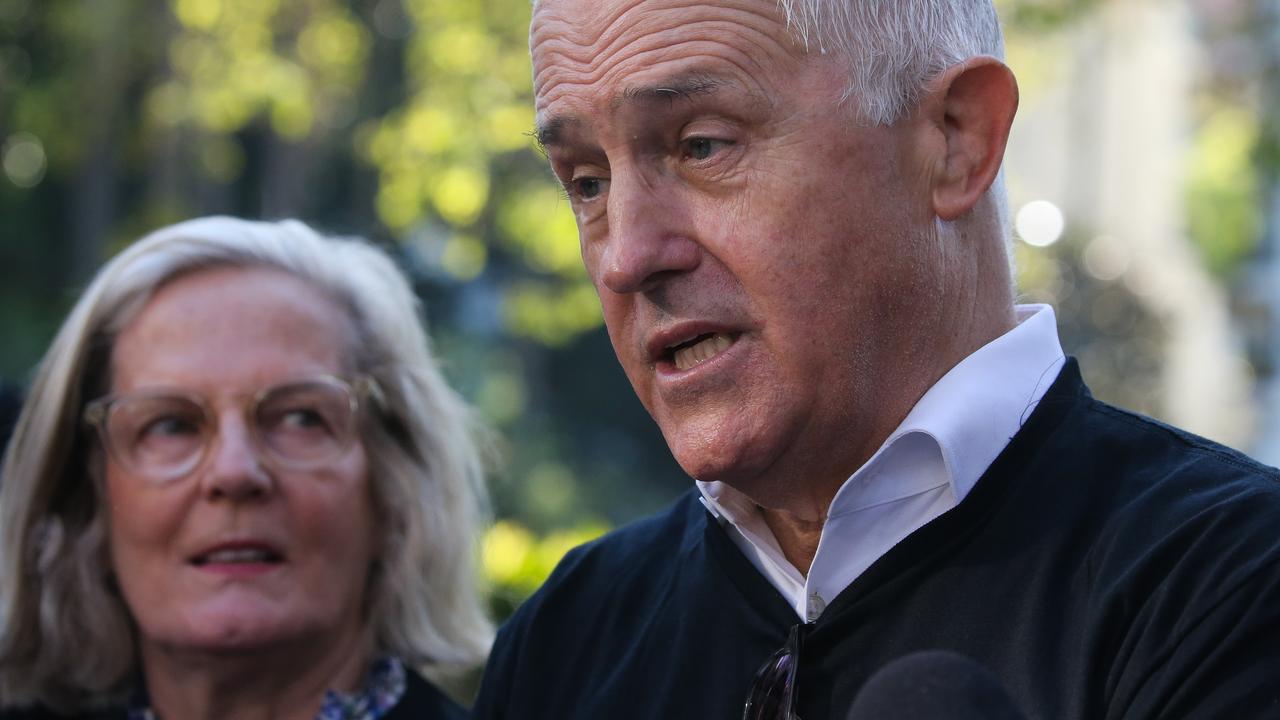
Asked for his opinion on when Australia might actually become a republic, Mr Turnbull was surprisingly optimistic - with a few caveats.
“I said back in 1999 that, if we vote no, this issue will not become live again until after the end of the Queen’s reign,” he said.
“I think it’s a question of timing. The Labor government will be feeling really burnt after the Voice vote. This has damaged them a lot.
“People will be saying we should be focused on the bread and butter - cost of living, housing affordability, the economic issues that affect people’s daily lives.
“So I guess there’s going to be a lot of political judgment in it. And you’ve also got to be able to sell it. Somebody in the government has got to be able to make a compelling case as an advocate.”
The host quipped that she “was hoping you’d be able to give us a date”.
“OK, I’ll give you a date. I think the earliest date, assuming the Labor Party is returned to government in 2025, I would think the earliest date this would happen would be 2026. But it obviously could be later,” Mr Turnbull replied.
“The question is going to be one of leadership, advocacy, and above all, of making sure that the question of direct versus parliamentary appointment is decided beforehand.”
Prime Minister Anthony Albanese is a republican, but has always maintained that the Voice to parliament was his referendum priority for this term of parliament.
Assistant Minister for the Republic Matt Thistlethwaite said earlier this year that Labor had a “longer-term vision”, and discussions about a republic were integral to where the government wanted Australia to be in a few years’ time.
“It’s something that I’m passionate about, and I’m not going to give up on my beliefs, but I do say that I think it is an argument and an issue for a time when Australians aren’t struggling with cost-of-living pressures, and that’s something that came through for me during the door knocking I was doing during the Voice referendum,” he said.
“(This defeat) puts it back. Our republic conversation I think is something for a better time when we’re looking at a stronger economy.
“I’m not going to say it’s off, because as I said, I’m not going to give up on it. I’m very passionate about it, so in my view it is not off, but it does certainly make it a lot more difficult.”
-with Ellen Ransley, NCA Newswire





